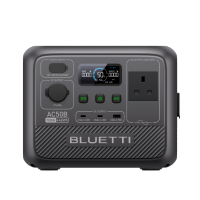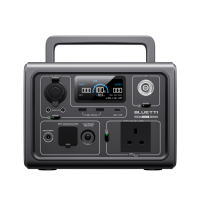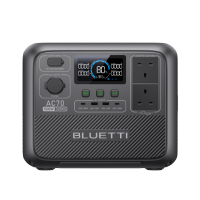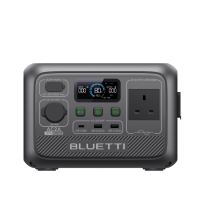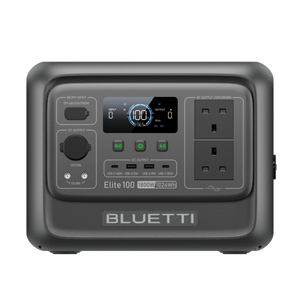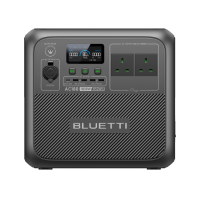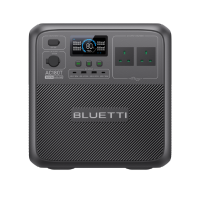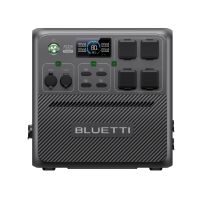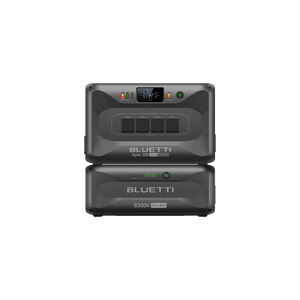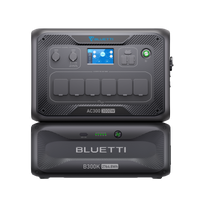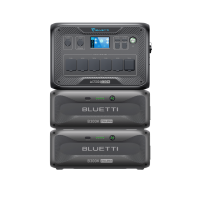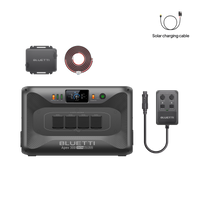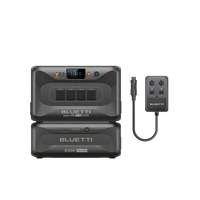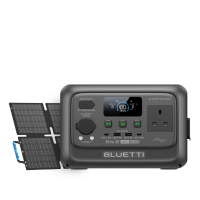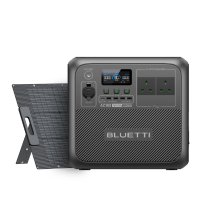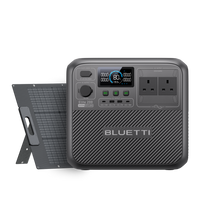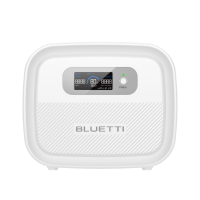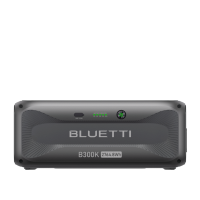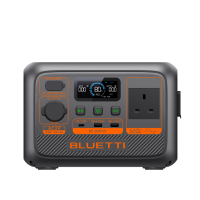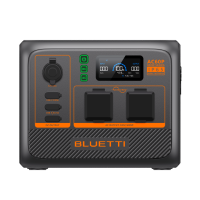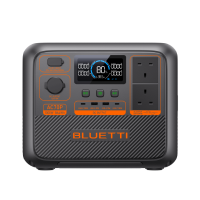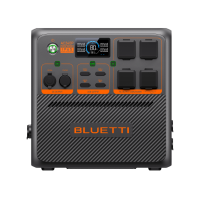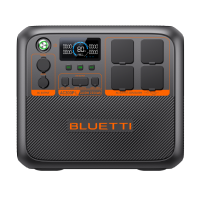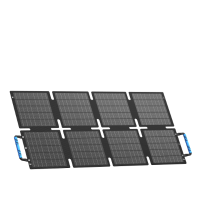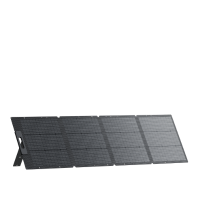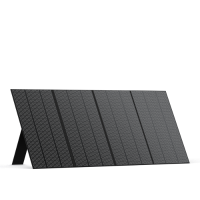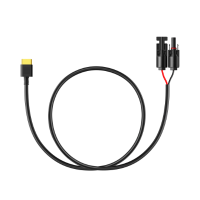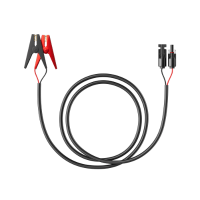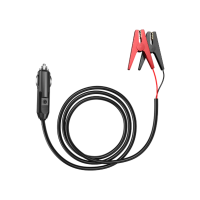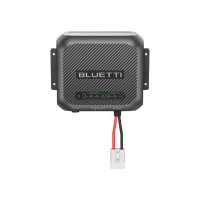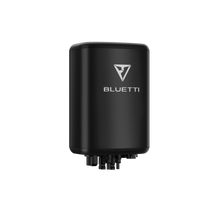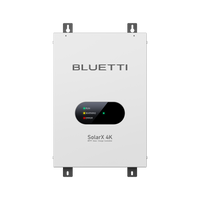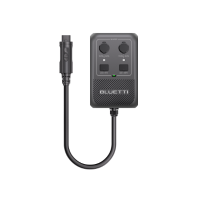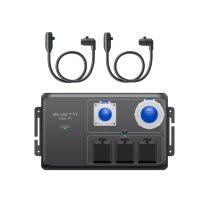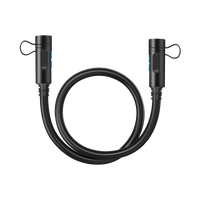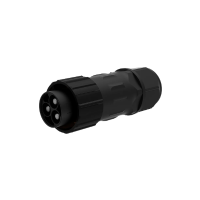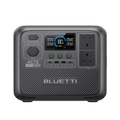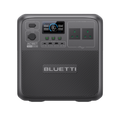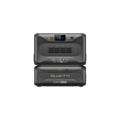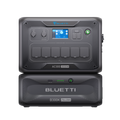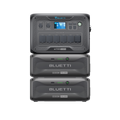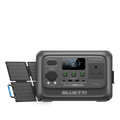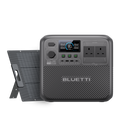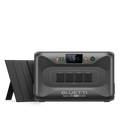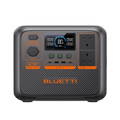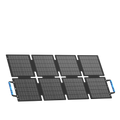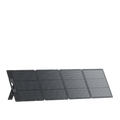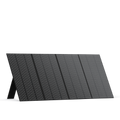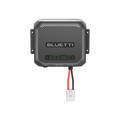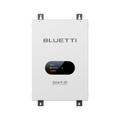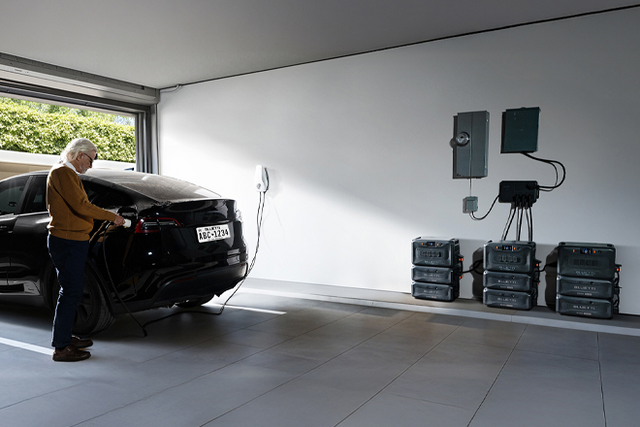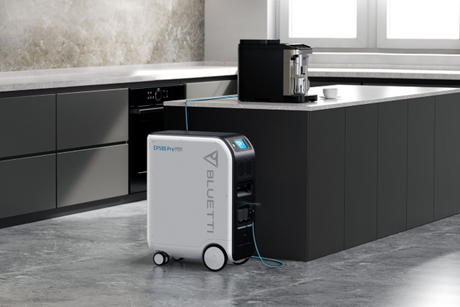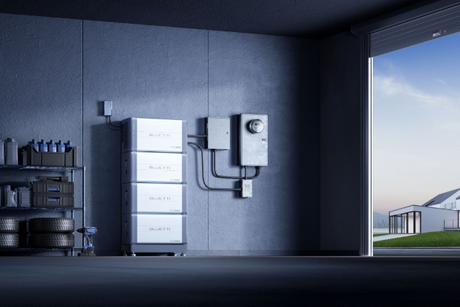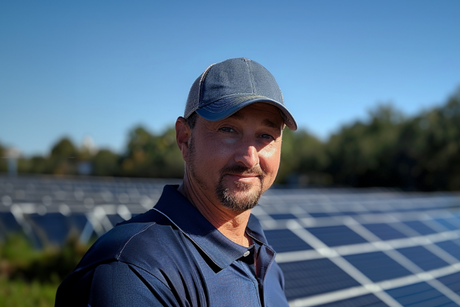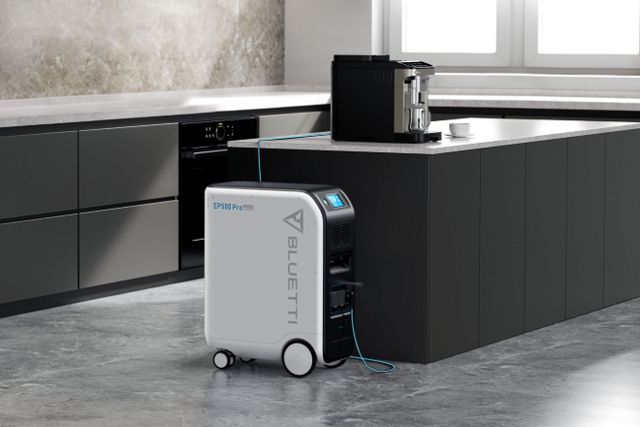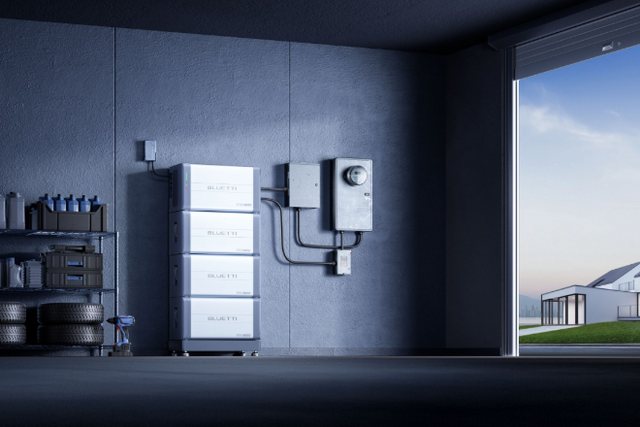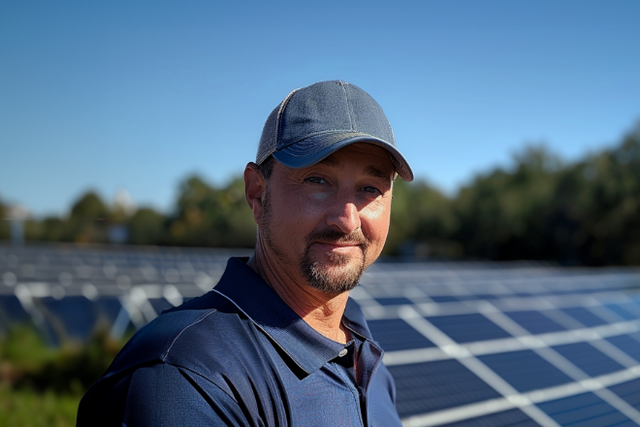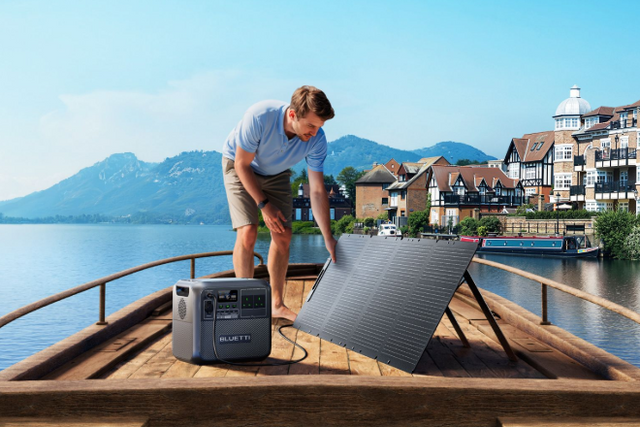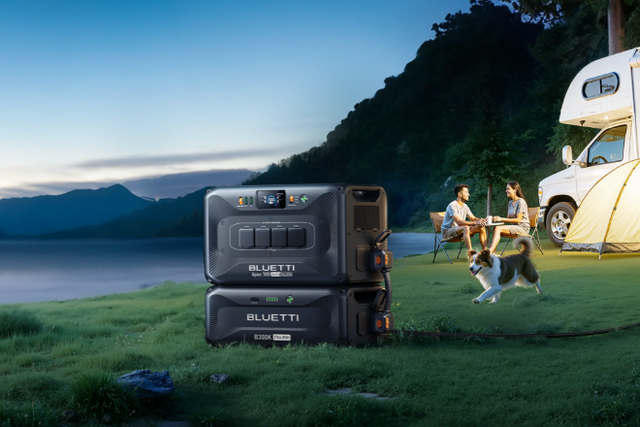Solar panels have become progressively famous in the UK. This popularity is because of the developing attention to environmentally friendly power and the push towards maintainability. More property holders and organisations are going to sun-based energy to lessen their carbon impression and save money on energy costs. Understanding solar panel facts becomes fundamental as we move towards a greener future. Knowing how they work, their advantages and their potential reserve funds can assist you with choosing if they are appropriate for you.
This article gives key experiences into solar panels facts and figures, assisting you with arriving at informed conclusions about their utilisation and advantages in the UK. We'll investigate everything from the set of experiences and materials of solar panels to their productivity and cost. Also, we'll take a gander at how they act in the UK's often overcast climate and the monetary reserve funds they can offer. Toward the finish of this article, you'll have a thorough comprehension of solar panels and their part in making a feasible future. Whether you are thinking about introducing sunlight-based chargers or essentially need to dive more deeply into environmentally friendly power, these solar panel facts in the UK will give significant data to direct your decisions.
1. The Earliest Solar Panels
The historical backdrop of solar panels traces all the way back to the 19th century. The idea of changing sunlight into power was first investigated during this time. In 1839, French physicist Alexandre Edmond Becquerel found the photovoltaic impact, which is the standard behind sunlight-powered chargers.
The first down-to-earth photovoltaic (PV) cell was created by Ringer Labs in 1954. This was a huge achievement in sun-oriented energy innovation. These early solar panels had an effectiveness of around 6%, and that implies they could change just a little part of daylight into usable power. This proficiency is a lot less, where present-day sun-powered chargers can accomplish productivity paces of more than 20%.
These underlying improvements established the groundwork for the quick headways in sunlight-based innovation we see today. Solar panel facts UK frequently feature these early advancements as the beginning stage for the inescapable reception of sun-based energy. Understanding the starting points of solar panels values the mechanical jumps that have made sun-oriented power a suitable and maintainable energy source. The excursion from the principal PV cells to the present high-productivity boards is a demonstration of human inventiveness and the steady quest for environmentally friendly power arrangements.
2. The Main Materials That Make Up Solar Panels
Solar panels are primarily made from silicon, a semiconductor that converts sunlight into electricity. Silicon comes in different forms: monocrystalline, polycrystalline, and thin-film, each with varying efficiency and cost.
3. Solar Panels Are Becoming More Efficient
Modern solar panels have significantly improved efficiency. The latest models can convert up to 22% of sunlight into electricity, compared to 15-17% for older models. Advances in technology and materials contribute to this increased efficiency.
4. Solar Panels Can Even Work in Rainy and Cloudy Environments
A typical misinterpretation is that solar panels can only work in direct sunlight. Actually, they can produce power even on shady and blustery days. The UK, with its variable climate, actually profits from sun-oriented power. Diffused daylight, albeit less extraordinary, is as yet tackled by sun-powered chargers.
5. How Long Do Solar Panels Last?
Solar panels have a long life expectancy. Generally accompany a guarantee of 25 years, however, they can endure up to 30-40 years with legitimate support. Over the long haul, their productivity marginally diminishes, yet they keep on creating huge measures of power.
6. In the UK, the Number of Solar Panel Installations
The UK has seen a significant expansion in sunlight-based charger establishments. Starting around 2024, there are more than 1 million solar panel frameworks introduced to the nation. This development is driven by falling expenses and expanded attention to sustainable power benefits.
7. Prices of Different Types of Solar Panels
The cost of solar panels significantly varies based on efficiency and its type. Monocrystalline panels are the most efficient and expensive, costing about £300-£350 per panel. Polycrystalline panels are slightly cheaper, ranging from £200-£250 per panel. Thin-film panels are the least efficient and cost around £100-£150 per panel.
8. Solar Panel Installation Cost
The installation cost for solar panels in the UK averages between £4,000 and £6,000 for a 3-4kW system. This includes the cost of panels, inverters, mounting equipment, and labour. Larger systems can cost up to £10,000 but offer greater electricity generation.

9. Installation Planning Permission
They do not require planning permission. However, listed buildings and properties in conservation areas may need special consent. Before proceeding with installation, it is important to check with local authorities.
10. How Much Money Can You Save Using Solar Panels?
Sunlight-powered chargers can essentially lessen power bills. By and large, a 4kW framework can save mortgage holders somewhere in the range of £200 and £500 each year. Reserve funds rely upon energy utilisation, framework size, and nearby power rates. Over the lifetime of the boards, reserve funds can add up to a huge number of pounds.11. Simple Subsequent Maintenance
Solar panels require minimal maintenance. Regular cleaning to remove dirt and debris, along with occasional inspections, ensures optimal performance. Most manufacturers recommend professional maintenance every few years to check connections and the inverter.
12. Solar Panels Are Widely Used
Solar panels are not only for homes; they are utilised in different applications. Business structures, schools, and even ranches are taking on sunlight-based power. Sun-oriented ranches, comprising thousands of boards, contribute altogether to the public lattice.
13. The Solar Panel Industry and Technology Are Developing Rapidly
The sunlight-based charger industry is constantly advancing. Every year, new progressions are being made. Advancements in materials and assembling processes are at the very front. These advancements are making sunlight-based chargers more proficient. They are also making them more affordable. One major advancement is in the type of materials used. High-quality silicon and other compounds improve efficiency.
Additionally, manufacturing processes are becoming more streamlined. This helps reduce costs. Emerging technologies are playing a significant role too. Bifacial panels are one such technology, with the ability to capture sunlight from both sides. This increases the amount of energy they can produce.
Another exciting development is perovskite cells. Perovskite cells are more efficient than traditional silicon cells. They are also cheaper to produce. This combination makes them very promising. Scientists are continually researching these technologies. Their goal is to reduce costs further and improve performance.
These advancements promise even greater efficiencies. They also promise more accessible solar energy solutions. Continuous improvements mean more people can benefit from solar power. This will help reduce reliance on fossil fuels and contribute to a greener planet. Solar energy is becoming a more viable option for everyone.
14. Solar Panel Storage Issues
Energy storage is a crucial aspect of solar power. Batteries like the BLUETTI AC200L + PV200 offer efficient storage solutions, allowing excess energy to be stored and used when needed.

15. The UK Government Subsidies for Solar Panels
The UK government offers different motivators for sunlight-based charger establishments. The Smart Export Guarantee(SEG) permits mortgage holders to sell overabundant energy back to the network. Also, there are awards and advances accessible to assist with counterbalancing the establishment costs, making sun-oriented power more available.
Conclusion
Solar panels offer numerous benefits. They help in reducing electricity bills and contribute to a greener environment. As technology advances, the efficiency of solar panels increases, making them more attractive. Costs are also decreasing, which makes solar power more accessible to many UK households.
In the UK, the adoption of solar panels is growing rapidly. There are numerous solar panel facts in the UK that residents should be aware of. For example, solar panels can still generate electricity on cloudy and rainy days. This is crucial for the UK's variable weather. Understanding these solar panel facts helps homeowners make informed decisions.
Knowing the solar panel facts and figures is essential. It provides a clear picture of the benefits and potential savings. Homeowners can save hundreds of pounds annually on electricity bills. Over the lifetime of the solar panels, these savings can be substantial.
Government incentives and subsidies also play a role. They make solar power installations more affordable. By considering these solar panel facts UK homeowners can take advantage of these opportunities.
In summary, being informed about solar panels facts and the solar panels facts and figures helps in making the right choices. Energy storage is a very important factor to consider while producing solar power. The BLUETTI AC200L + PV200 batteries store extra energy and offer excellent storage solutions, thus offering a reliable backup power setup.


